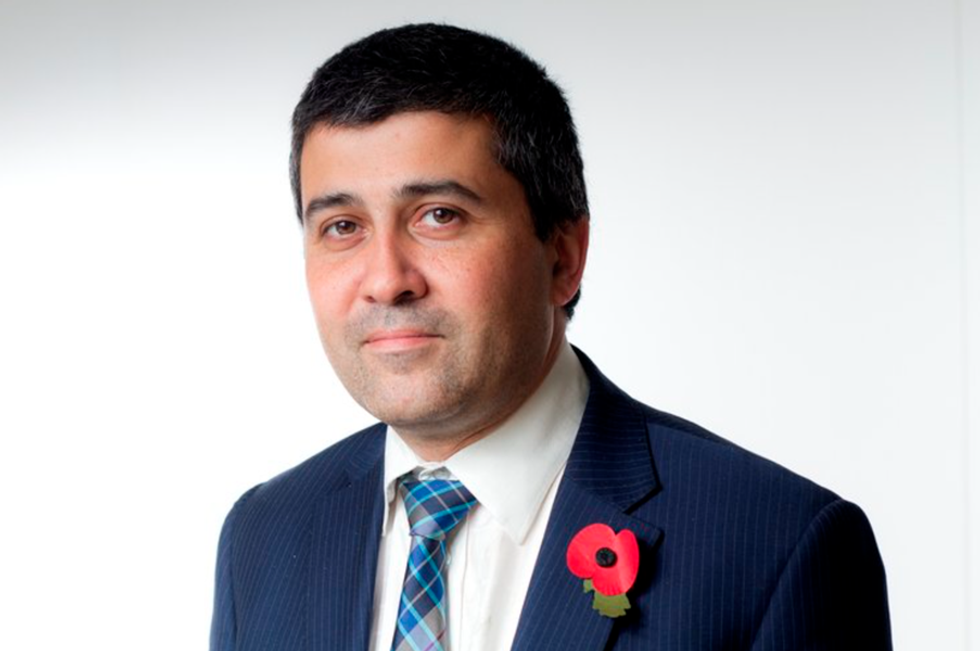By Amit Roy
SIR HAROLD EVANS, who was the legendary editor of the Sunday Times from 1967 to 1981 and of the Times for a year, was very good at writing headlines.
He published several books which have become classics of the trade: Editing and Design: A Five- Volume Manual of English, Typography and Layout; Essential English for Journalists, Editors and Writers; Newspaper Design; Editing and Design; Handling Newspaper Text; and News Headlines.
Last week, Evans made the headlines himself when his wife, Tina Brown, announced he had died of heart failure, aged 92, in New York. Admirers recalled he was named “the greatest newspaper editor of all time” in a poll conducted by the Press Gazette and the British Journalism Review in 2002.
What I would have given to have worked at the Sunday Times when he was its editor. By the time I joined, he had left and Andrew Neil had taken over.
Some of Britain’s best-known journalists who worked for Evans paid tribute to the man who believed unbiased and independent reporting was essential in a functioning democracy.
One of them, Ian Jack, told me: “Harry was a formidably courageous journalist, rightly remembered for his campaigns against social injustices and the secrecy of government institutions and big business.”
The campaign for which Evans is best remembered is exposing the Thalidomide scandal, launched in 1972. It involved Distillers, a company whose drug prescribed to pregnant women to control morning sickness caused thousands of babies in Britain and across the world to be born with missing limbs, deformed hearts, blindness and other problems.
Ian said: “The late Murray Style once said that the Sunday Times had two kinds of story. The first – ‘We name the guilty men.’ The second – ‘Arrow points to defective part.’
“But there was more to Harry than that,” Ian, who later edited the Independent on Sunday and Granta, went on. “He had an almost Victorian belief in the capacity of journalism to improve and enlighten its audience, and went to great lengths to make complex subjects intelligible to the lay reader. Clarity was an obsession. As an editor, he was inspirational, sympathetic and generous.
“I and many others were lucky to have worked with him and for him. He gave me opportunities – reporting in India was one of them – that changed the direction of my life.”
Ian sketched a personal portrait of the man: “He was a small, wiry man with tremendous energy. The last time I saw him, he was being interviewed in front of an audience at a London university. He was 90. I noticed he was wearing leather lace-up shoes on bare feet – no socks – a fashion of the glamorous and young. At one point, to illustrate a point, he got up from his seat and danced down into the audience to show them how Tokyo station porters pack commuters into trains. It was exhausting to watch him. It seemed impossible that such energy could ever die.”
Evans is not the only editor in the news. I have already written about Neil, who will not be returning to the BBC, but is taking up the chairmanship of the newly set up GB News, where he will also host a daily show.
Also making the headlines is Paul Dacre, former editor of the Daily Mail whom prime minister Boris Johnson apparently wants as the new chairman of Ofcom, the broadcasting and media watchdog. Paul’s appointment would represent a nightmare for the Left. At the Mail, he was apparently feared by his staff, who referred to him not as “Paul” but as “the Editor”.
I worked closely with Paul at the Daily Mail when he was deputy news editor, news editor, foreign editor and features editor and found him both very considerate and highly intelligent. But then the paper’s editor was Sir David English, whom I would bracket with Evans as “the greatest newspaper editor of all time”.





 Private schools have been impacted by the 20 per cent VAT imposed on them
Private schools have been impacted by the 20 per cent VAT imposed on them











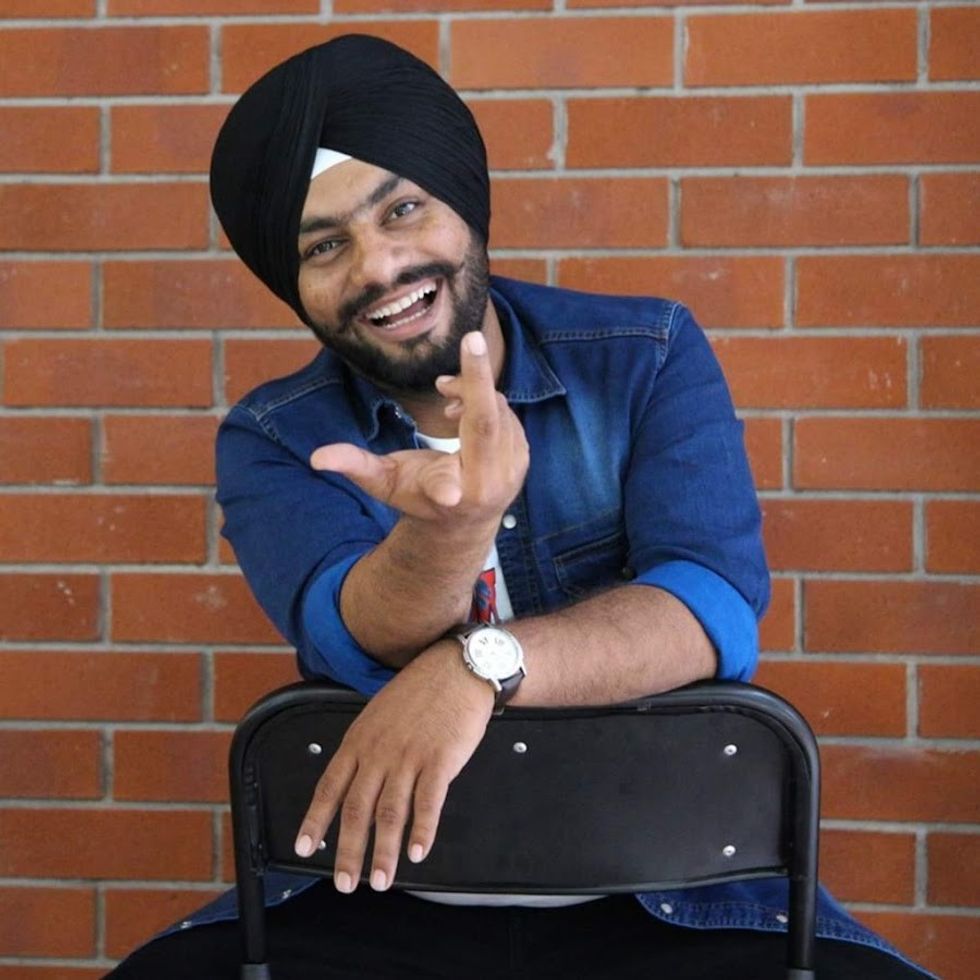 Manpreet Singh
Manpreet Singh Anuja
Anuja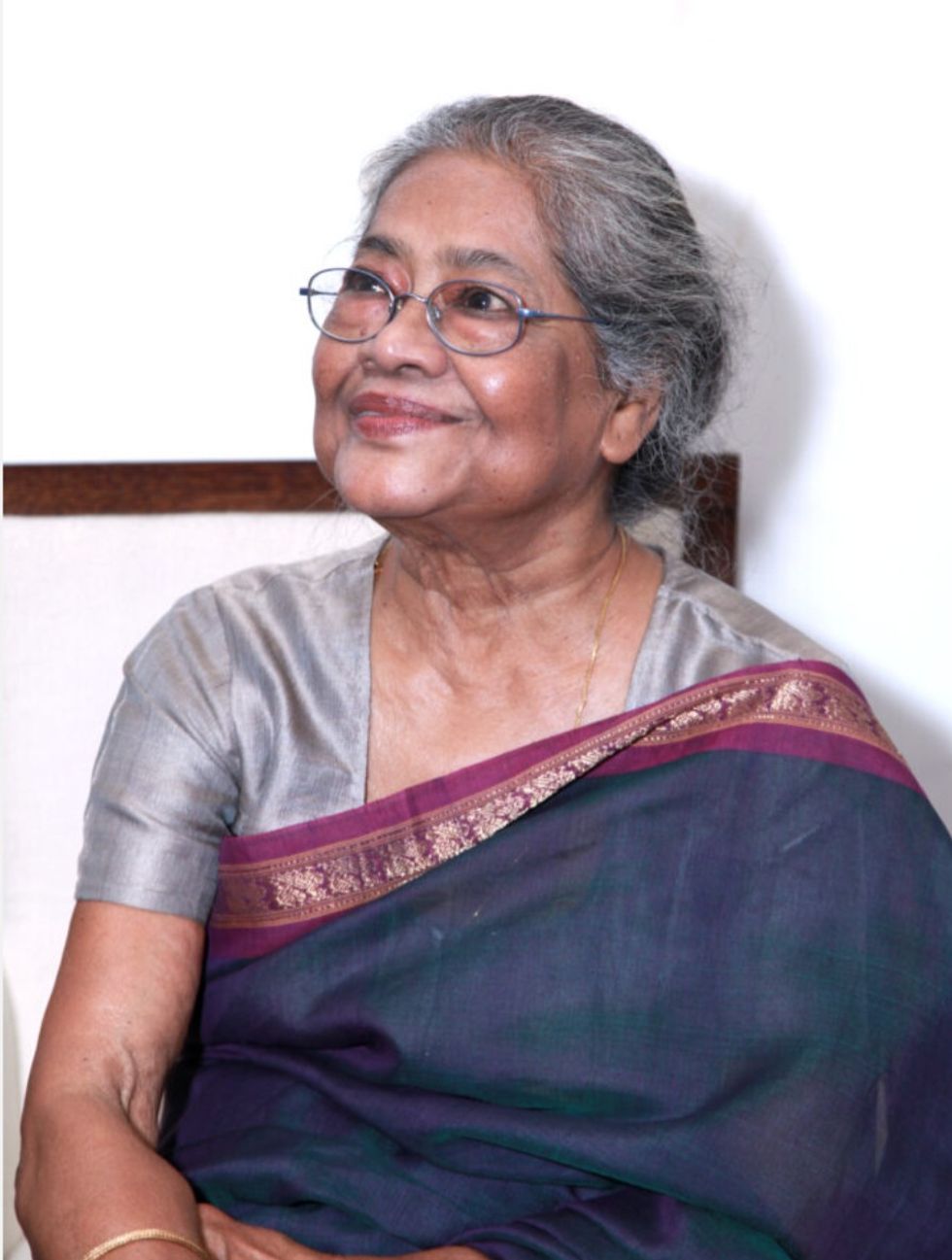 Arpita Singh
Arpita Singh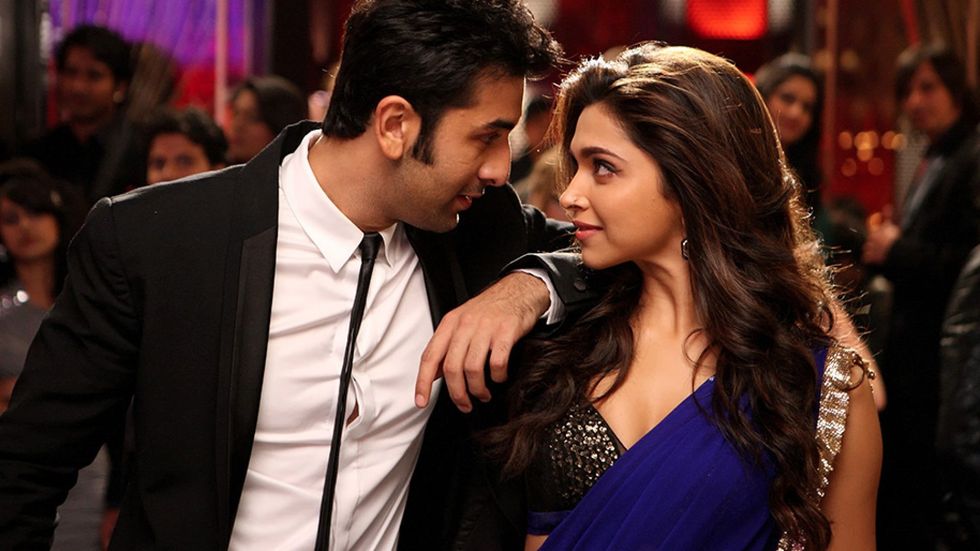 Yeh Jawaani Hai Deewani
Yeh Jawaani Hai Deewani Baby John
Baby John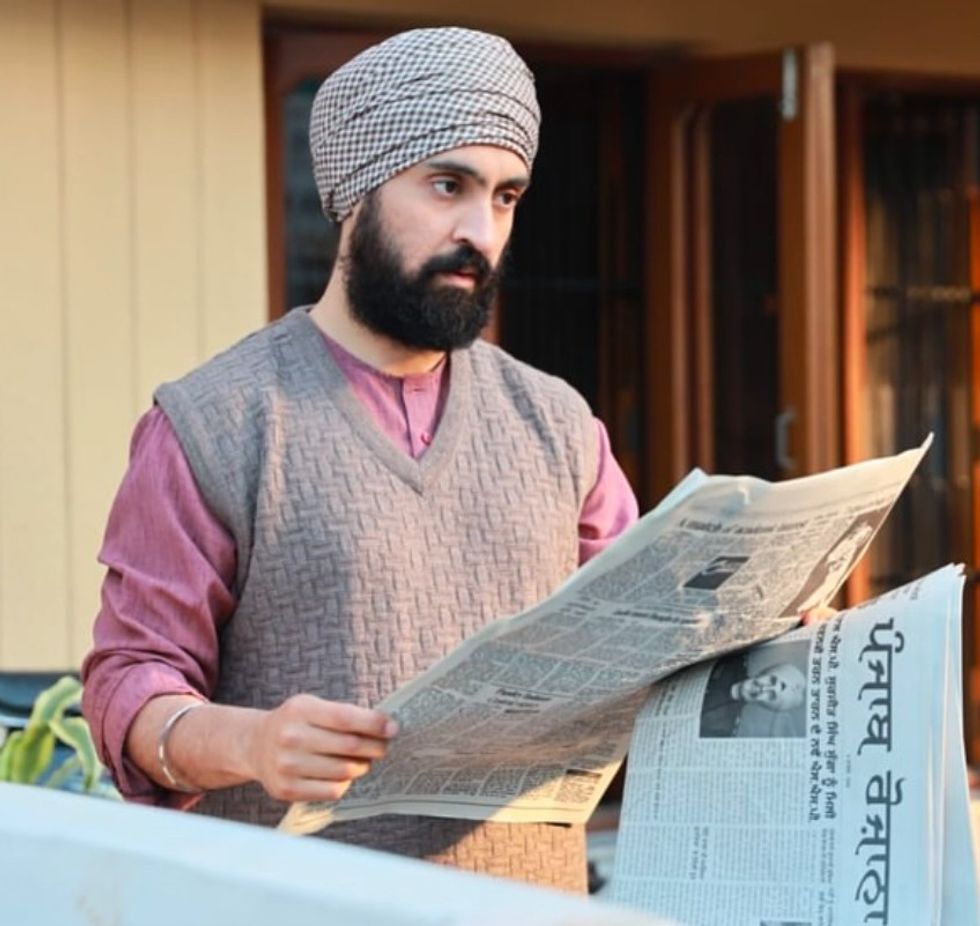 Punjab 95
Punjab 95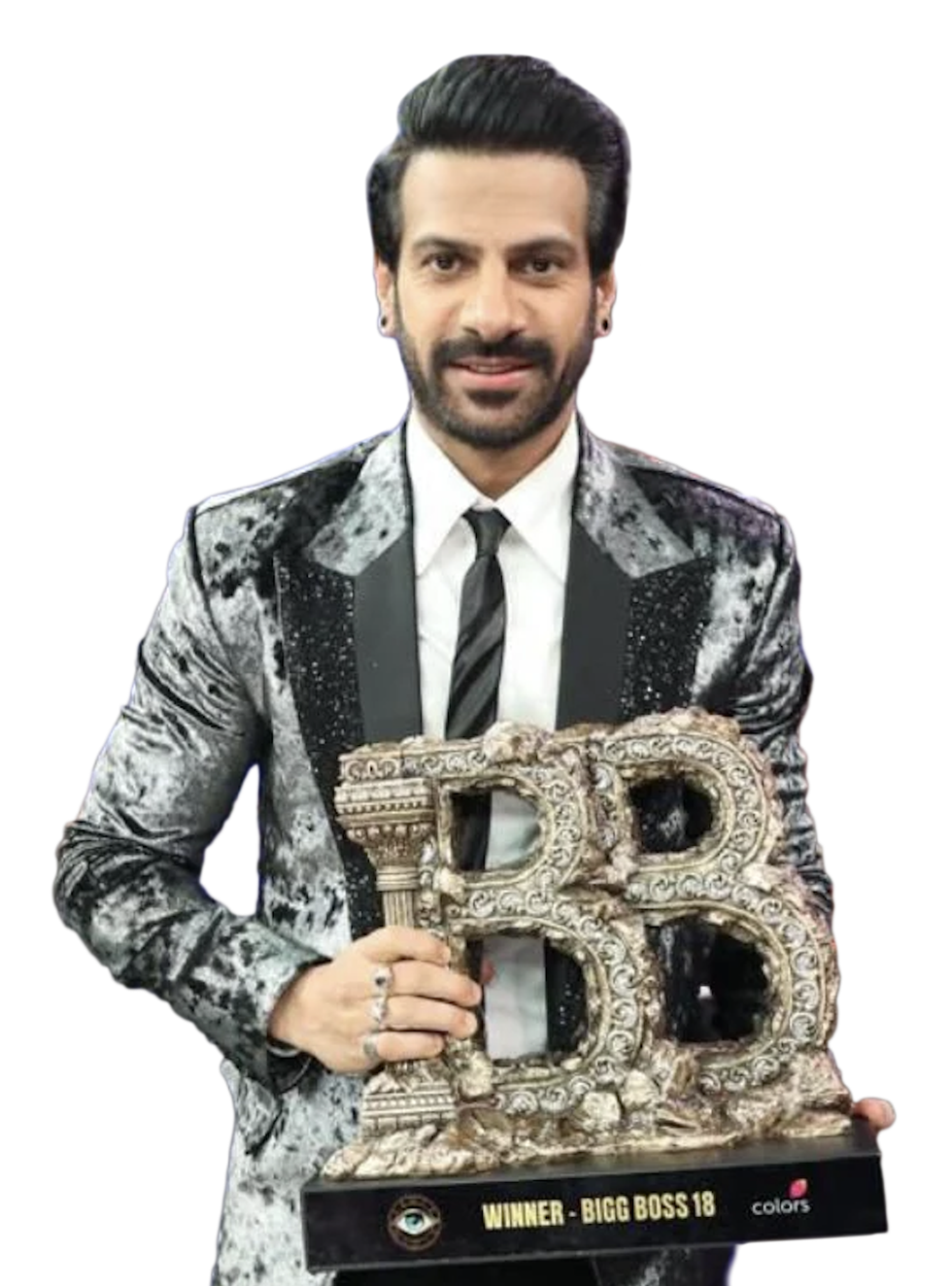 Karan Veer Mehra
Karan Veer Mehra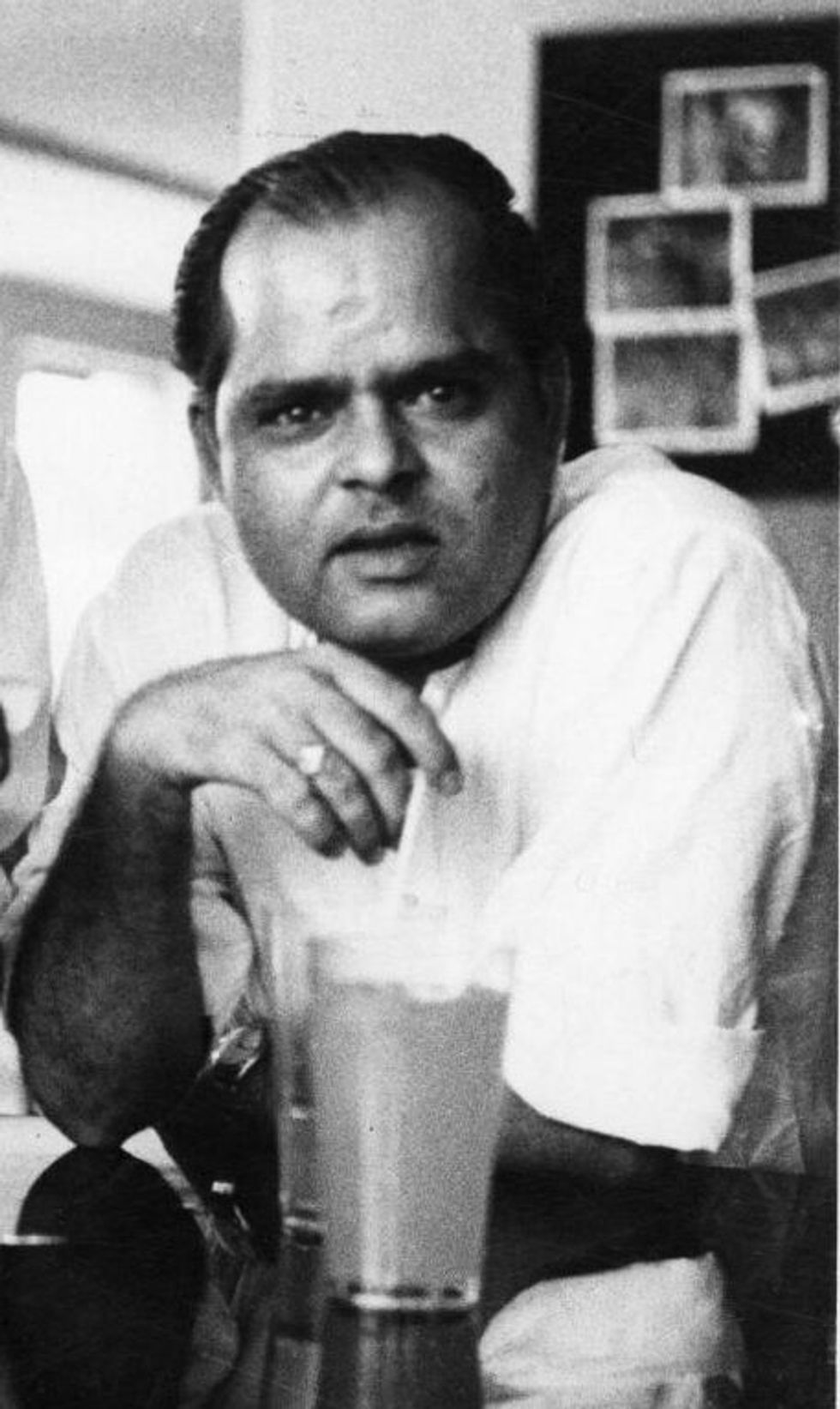 Roshan
Roshan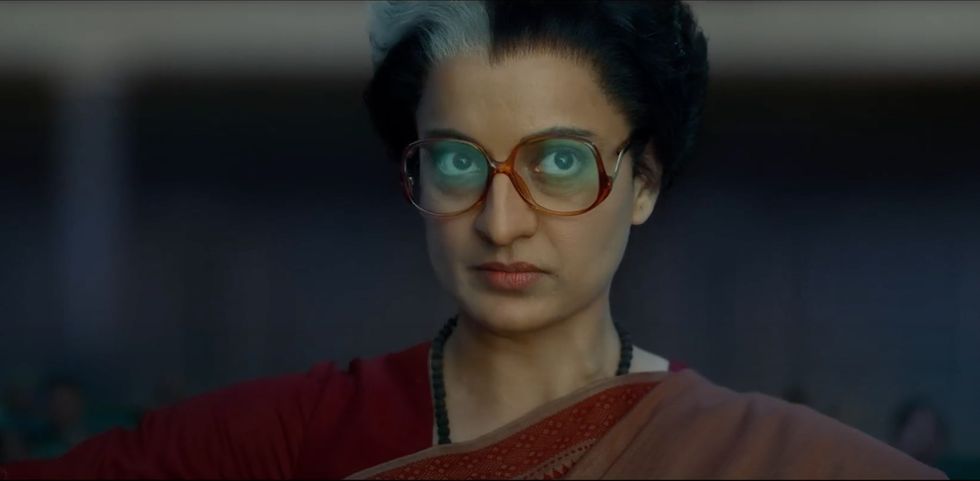 Emergency
Emergency
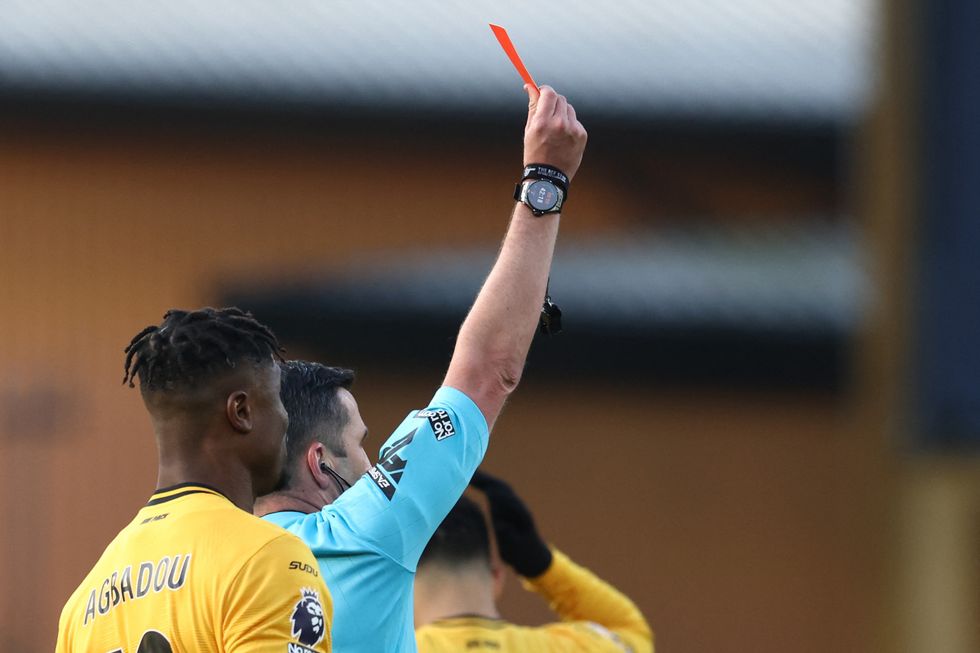

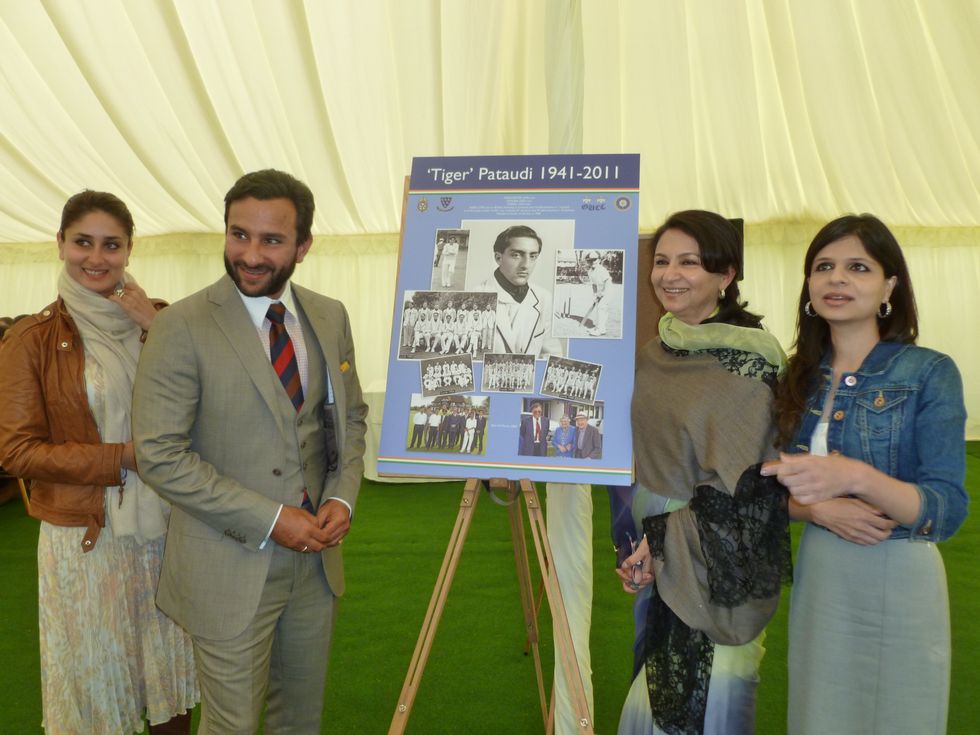 The actor with Kareena Kapoor, Sharmila Tagore and Saba Ali Khan
The actor with Kareena Kapoor, Sharmila Tagore and Saba Ali Khan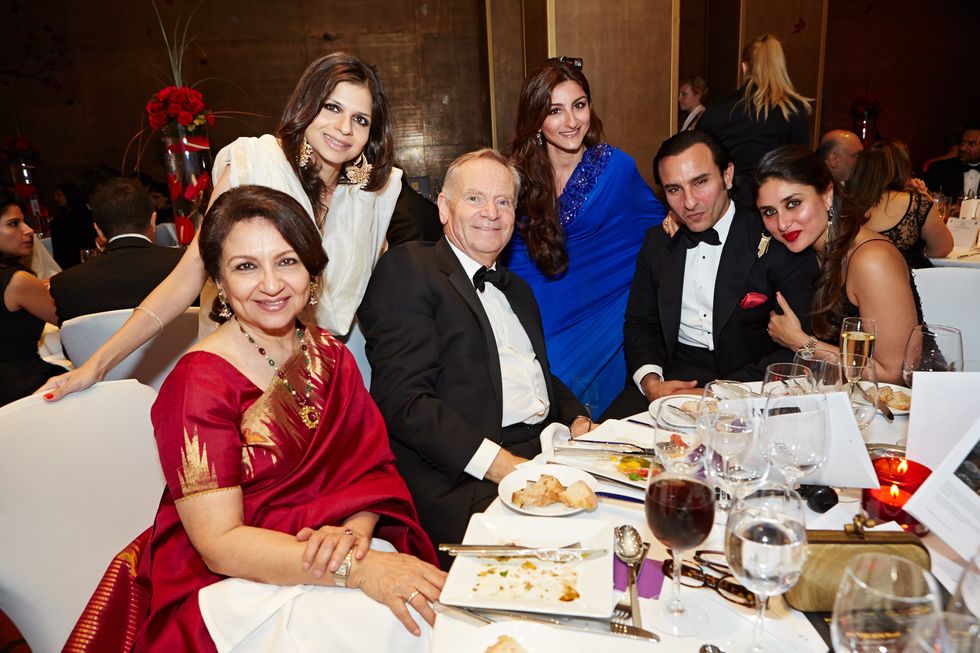 Sharmila Tagore, Saba Ali Khan, Lord Jeffrey Archer, Soha Ali Khan, Saif Ali Khan and Kareena Kapoor at a 2013 event
Sharmila Tagore, Saba Ali Khan, Lord Jeffrey Archer, Soha Ali Khan, Saif Ali Khan and Kareena Kapoor at a 2013 event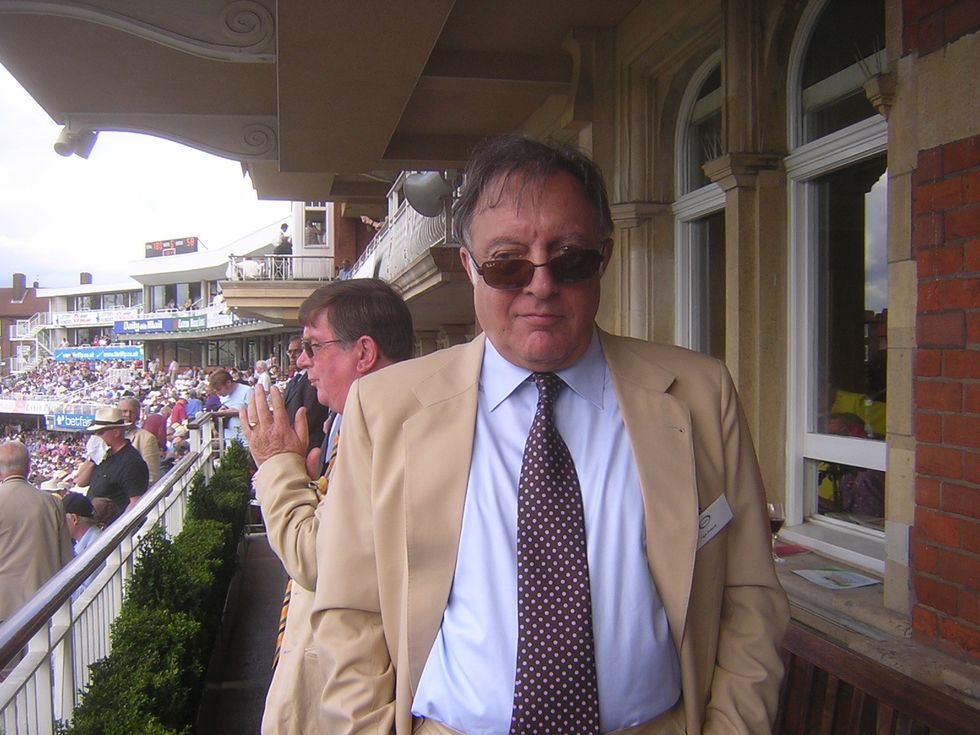 Saif's father, Nawab of Pataudi, Mansur Ali Khan
Saif's father, Nawab of Pataudi, Mansur Ali Khan
